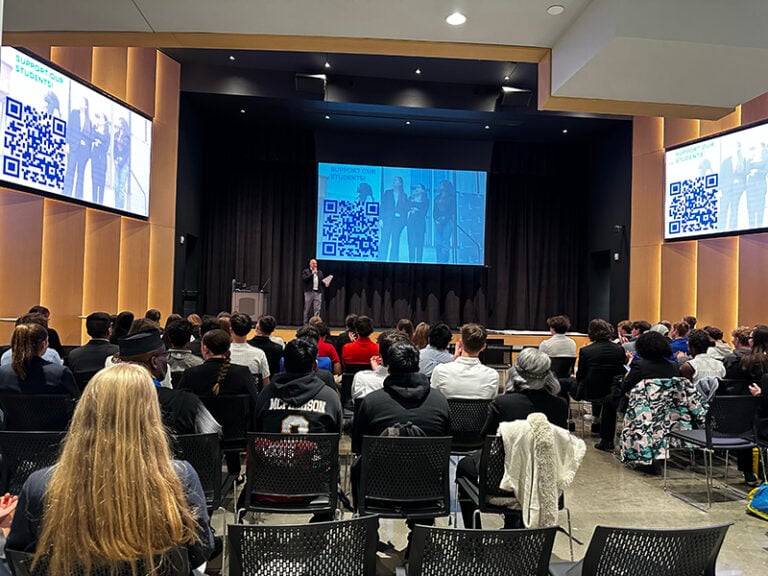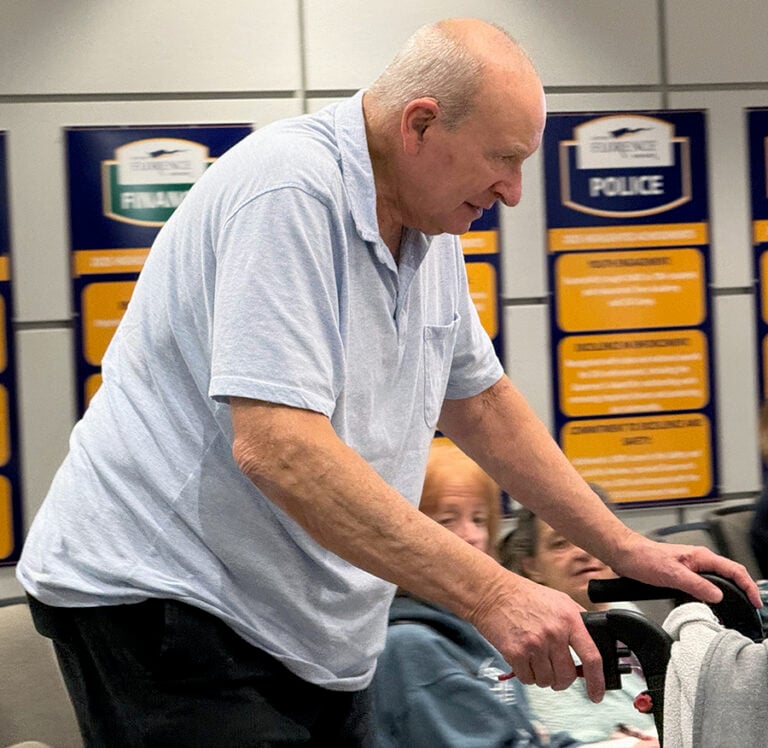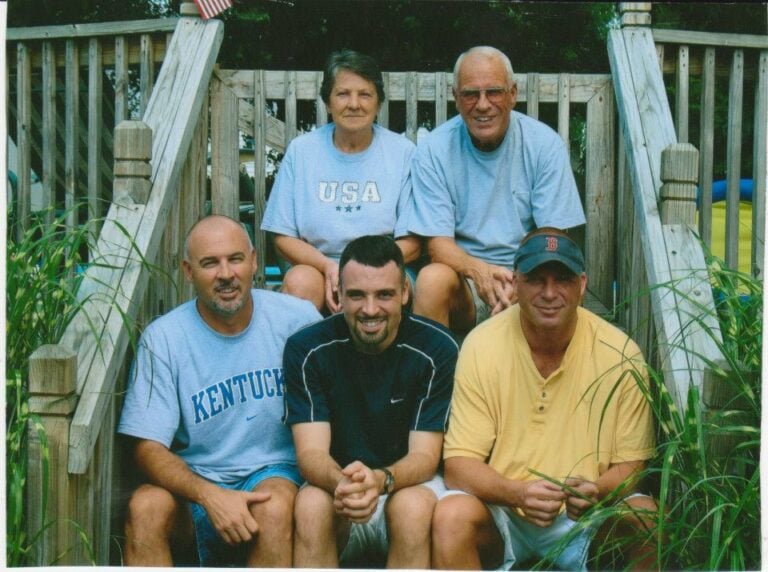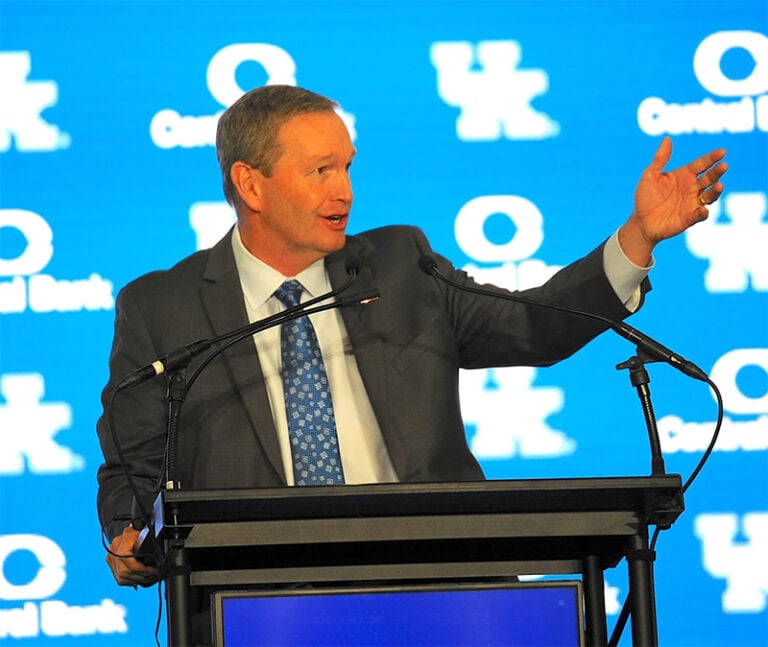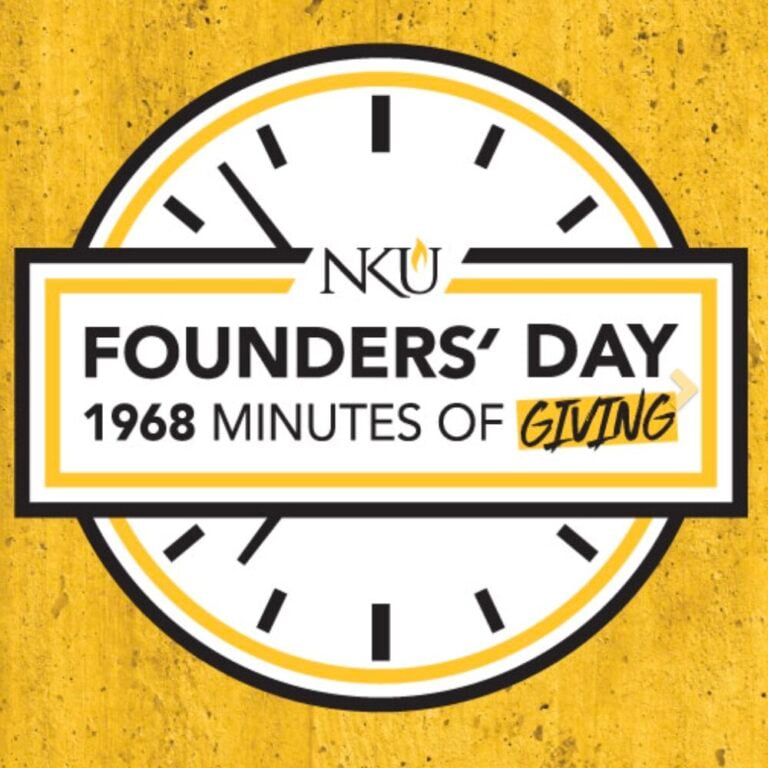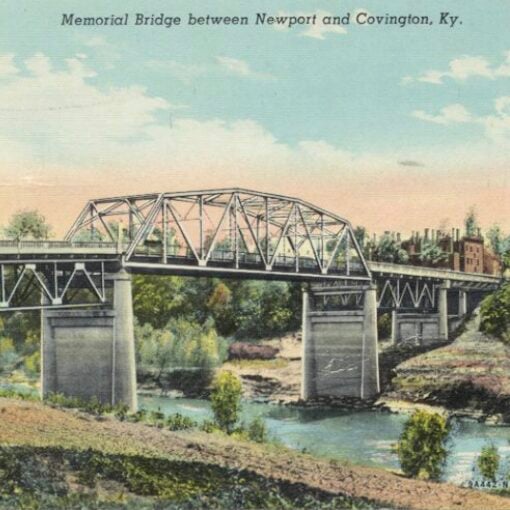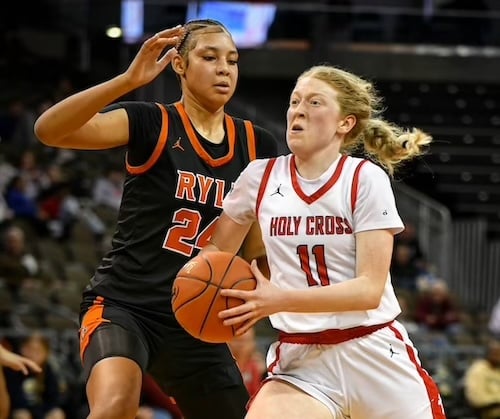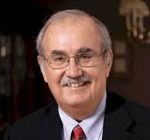One thing we know about Larry Brown is that he has no shame. Earlier this week, when SMU became the third Brown-coached college program to be sanctioned by the NCAA, the owlish-looking Hall of Fame coach – the only man to coach an NCAA and an NBA champion — didn’t come close to admitting he’s a serial cheater.
To the contrary, Brown said he was just as proud of his program at SMU as he was of his programs at UCLA, where his 1980 team’s runner-up tournament finish was vacated for rules violations, and Kansas, where he more rules violations were uncovered after he won the 1988 NCAA title.
Now, although SMU will not be allowed to play in the 2016 post-season tournament and Brown will not be allowed to coach in nine games, Brown says he has no intention of resigning and university president Gerald Turner says he will not fire the 75-year-old miscreant.
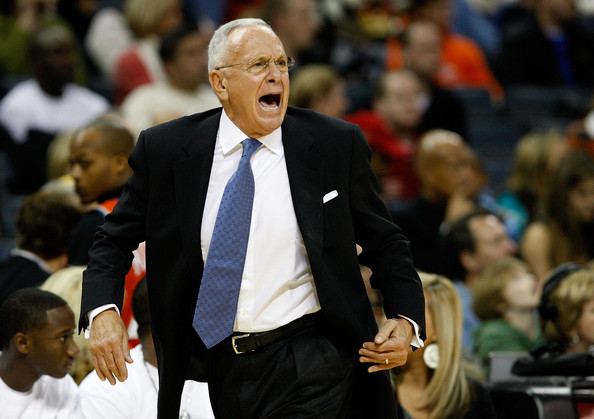
And so does the university that carries the name of a major religious denomination stray even further from the moral high road. SMU now holds the all-time national record for NCAA rules violations. Going back to 1958, the NCAA has hit SMU with penalties 11 times, including the “death penalty” that halted the football program for two years in the late 1980s.
But this time there’s a difference.
For years, whenever the NCAA levied harsh penalties, the offending university was accused of “lack of institutional control.” In SMU’s case, however, the charge was “lack of coach control,” reflecting a new NCAA rule in which the head coach is automatically held accountable for violations that happen on his or her watch.
The intent of the new rule is good and long overdue. It is designed to forces coaches like Brown to take responsibility for transgressions instead of shifting the blame to assistant coaches, secretaries, tutors, agents, etc. Now the buck stops at the head coach’s desk. He or she can still leave the mess for others to clean up, but can no longer plead innocence on the basis of ignorance
SMU knew what it was getting when it hired Brown. His history with controversy goes back to his playing days at North Carolina (1960-63). He was recruited by Frank McGuire, the suave New Yorker whose unbeaten 1957 national champions had five starters from the Big Apple. McGuire’s recruiting pipeline from New York City to Carolina became known as his “underground railroad.”
But in the midst of Brown’s career at Chapel Hill, McGuire was fired because of Carolina’s role in a point-shaving scandal, and replaced by Dean Smith, a straight arrow from Kansas. A couple of years after Brown’s graduation, Smith brought him back as an assistant, a job he held until becoming a head coach for the New Orleans Buccaneers of the maverick ABA in 1967.
You almost need Rand-McNally to follow Brown’s nomadic career. After New Orleans, he coached Oakland, Virginia, Carolina, and Denver in the ABA. He stayed with Denver after the ABA merged with the NBA, but returned to the college ranks in 1979 to coach UCLA.
He stayed at UCLA for two years before beating the NCAA posse out of town to coach New Jersey of the NBA for two seasons. Then it was back to college ball. He got the Kansas job in 1983 with the full backing of Smith, who had been a benchwarmer for the Jayhawks’ 1952 NCAA title team coached by Phog Allen.
After winning the 1988 national title with a team built around Danny Manning, Brown again left town with the NCAA breathing down his neck. He went back to the NBA, and, for the last 25 years, has coached the Spurs, Clippers, Pacers, 76ers, Pistons, Knicks and Bobcats. His 2004 Pistons won the NBA title.
Throughout his career, Brown has been a master at manipulating the media. He’s charming and quotable, in that New York way of his, and the basketball junkies in the media want to be on a first-name basis with him because he’s hip and cool and well-connected.
So the scandals at UCLA and Kansas didn’t stick the way they would have with other coaches. His cronies in the media, including some of the biggest names in the business, were more than happy to give him the benefit of the doubt.
The same probably will be true of the SMU scandal. If and when Brown brings the Mustangs back to the NCAA tournament, he will be praised for how he handled “adversity” instead of being pilloried for the cheater he is. His fans will defend him on the basis of “Everybody’s doing what Larry did – he just happened to get caught.”
Brown had brought shame to SMU and to the Naismith Hall of Fame. But neither will do anything to punish him. In today’s world, cheating is tolerated as never before. Consider the highly publicized academic fraud at Brown’s alma mater in Chapel Hill.
It began in the final years of Smith’s tenure and grew under head coach Roy Williams, another Hall of Fame member. But Williams says he didn’t know anything about it, and apparently that’s good enough to keep his two national titles at Carolina from being vacated.
Nobody knows for sure how much cheating is going on these days in big-time college basketball, but it’s obvious that the sport’s traditional watchdogs – the NCAA and the nation’s newspapers – have been weakened considerably. It’s just as obvious that the public has been exposed to so much cheating in all walks of life that its capacity for outrage has been severely diminished.
Larry Brown will never express remorse for what he did to UCLA, Kansas and SMU. He will spin and spin and spin, knowing his pals in the media will be sympathetic to him no matter what. We can only hope the new NCAA catchphrase – “Lack of coach control” – will be a modest start toward reform and putting the blame where it belongs.
Billy Reed is a member of the U.S. Basketball Writers Hall of Fame, the Kentucky Journalism Hall of Fame, the Kentucky Athletic Hall of Fame and the Transylvania University Hall of Fame. He has been named Kentucky Sports Writer of the Year eight times and has won the Eclipse Award twice. Reed has written about a multitude of sports events for over four decades, but he is perhaps one of media’s most knowledgeable writers on the Kentucky Derby.








